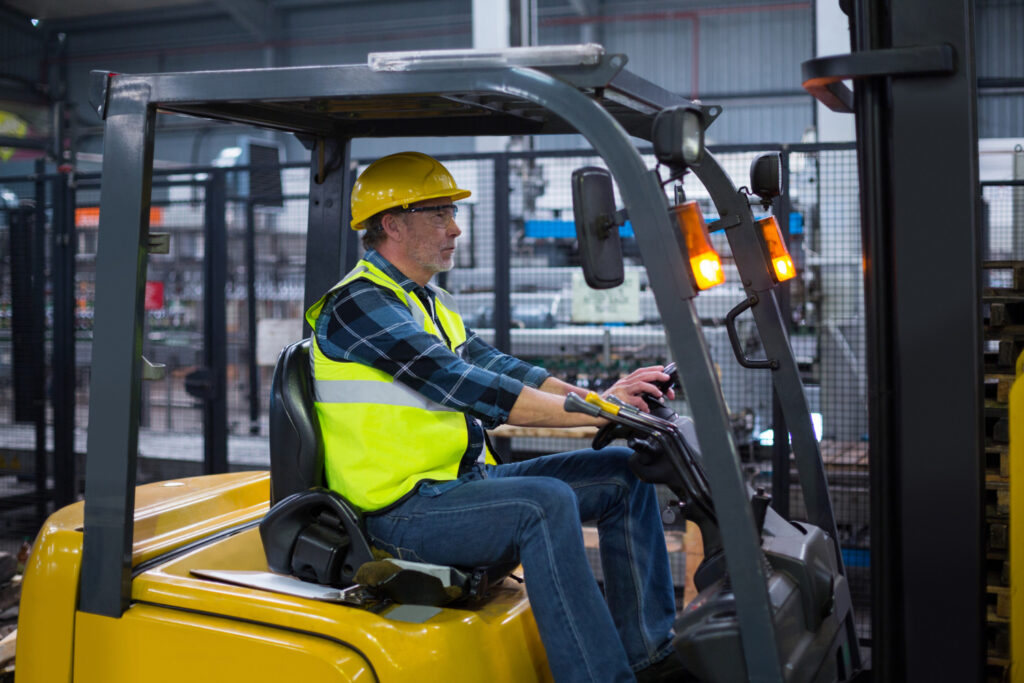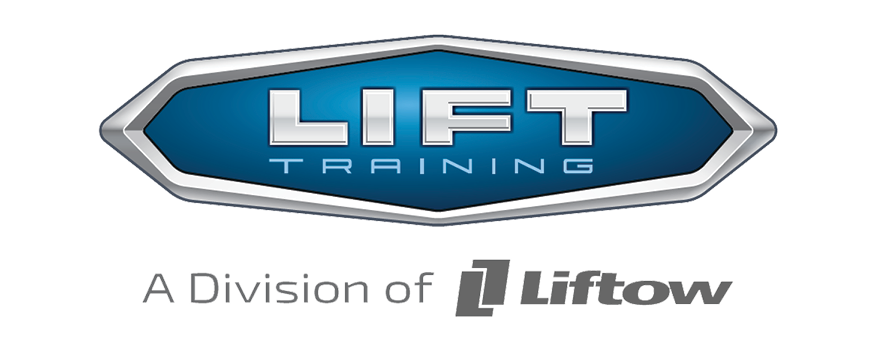
Getting certified to operate a forklift might sound like a big task, but it’s a huge step toward ensuring safety at work. In Ontario, businesses recognize the importance of proper training for those handling heavy equipment. Forklift certification doesn’t just help operators handle machinery efficiently, it also makes sure everyone stays safe on the job. This mix of improving skills and promoting safety is what makes training both essential and beneficial.
Forklift certification in Ontario is more than just acquiring a piece of paper. It’s an investment towards a safer and more productive work environment. Whether you’re a budding forklift operator or someone looking to enhance your skills, understanding what this training involves can be immensely rewarding. This article lays out what you can expect during forklift certification training and why it matters.
What Is Forklift Certification Training?
Forklift certification training is a structured learning process designed to equip individuals with the knowledge and skills necessary to operate forklifts safely and effectively. It’s not just about steering a machine; it’s about knowing the ins and outs of forklift mechanics and safety protocols. For those in Ontario, getting certified is a crucial step due to strict safety regulations.
One might wonder, why is certification particularly important in Ontario? Here are some reasons:
– Regulatory Compliance: It ensures adherence to Ontario’s safety standards, which protect both operators and their colleagues on site.
– Enhanced Job Opportunities: Certification can open up job prospects across various industries that require skilled forklift operators.
– Safety Assurance: Proper training reduces the risk of workplace accidents, safeguarding people and equipment.
By participating in forklift training, operators develop crucial abilities that keep them prepared to manage potential challenges on the job. This makes forklift certification a valuable credential and an essential part of workplace safety culture.
Theoretical Training Components
When you first dive into forklift certification training, you start with the theoretical part. This is where you learn the core concepts needed to operate forklifts safely. It may sound like a lot at first, but it lays the foundation for practical skills.
Here are some key topics covered:
– Safety Regulations: Understanding the rules and regulations governing forklift operations.
– Operating Controls: Getting to know every button and lever, and what they do.
– Load Capacity and Stability: Learning how much weight a forklift can safely handle and how to balance loads.
– Hazard Awareness: Identifying potential dangers in the workplace and knowing how to avoid them.
Theoretical training is crucial because it equips you with the knowledge needed before you ever step foot in the driver’s seat. By understanding these fundamental topics, you’re better prepared to handle the equipment and ensure the safety of everyone around you. It’s the classroom part of the training where you absorb information that will be useful in real-world operations.
Practical Training Elements
Now that you’ve got the theory down, it’s time to move onto the practical side of forklift training. While classroom learning gives you the necessary knowledge, hands-on training takes you a step closer to becoming a skilled operator. This part of the training is all about practising what you’ve learned and understanding how to handle a forklift properly.
In practical training, you’ll:
– Operate the Forklift: Get familiar with the controls in various settings, such as warehouse floors and outdoor spaces.
– Perform Load Handling: Learn how to safely lift, carry, and set down loads while maintaining balance.
– Navigate Different Environments: Maneuver in tight spaces and around obstacles to develop precise driving skills.
– Conduct Pre-Operation Inspections: Check the equipment before use to ensure it’s in good working order.
These sessions are crucial in helping you gain confidence in using the forklift. By practising in a controlled environment, you’ll lessen the chance of accidents and be better prepared for real-world challenges.
Assessment and Certification Process
Once you’ve completed both the theoretical and practical training, it’s time for the assessment. This evaluation ensures that you’ve understood all aspects of operating a forklift safely and effectively.
Here’s what the process generally involves:
1. Written Exam: Test your understanding of the theoretical material covered during training.
2. Practical Test: Demonstrate your forklift operating skills under the watchful eye of a trainer.
3. Review Session: Discuss any mistakes or challenges faced during the test and areas of improvement.
Upon passing the assessment, you’ll receive your forklift certification, which typically remains valid for several years. Certification proves you’ve met the necessary safety standards and are prepared to operate a forklift responsibly.
What Happens After Certification?
After you become certified, the learning doesn’t stop. Staying up-to-date with regular refresher courses is important to keep your skills sharp and your knowledge fresh. These courses often provide updates on new safety regulations and equipment technology.
Continued education benefits both employers and employees by reducing risks and improving workplace safety. Regular practice ensures that operators remain proficient and confident in their abilities.
Staying Ahead with Proper Training
Forklift training opens doors to numerous opportunities and plays a significant role in maintaining safety in Ontario workplaces. By participating in comprehensive training, you’ll be well-prepared to tackle any challenges that come your way. Investing in proper and ongoing training not only boosts confidence but also enhances your ability to contribute to a safer work environment.
Whether you’re new to forklift operations or looking to upgrade your skills, it’s important to have the right training. For those interested in enhancing their abilities and improving workplace safety, consider taking part in forklift training in Ontario. At LIFT Training, we offer comprehensive resources to help you on your path to becoming a skilled forklift operator. For more information on how our training programs can benefit your career and workplace, reach out to us today.
